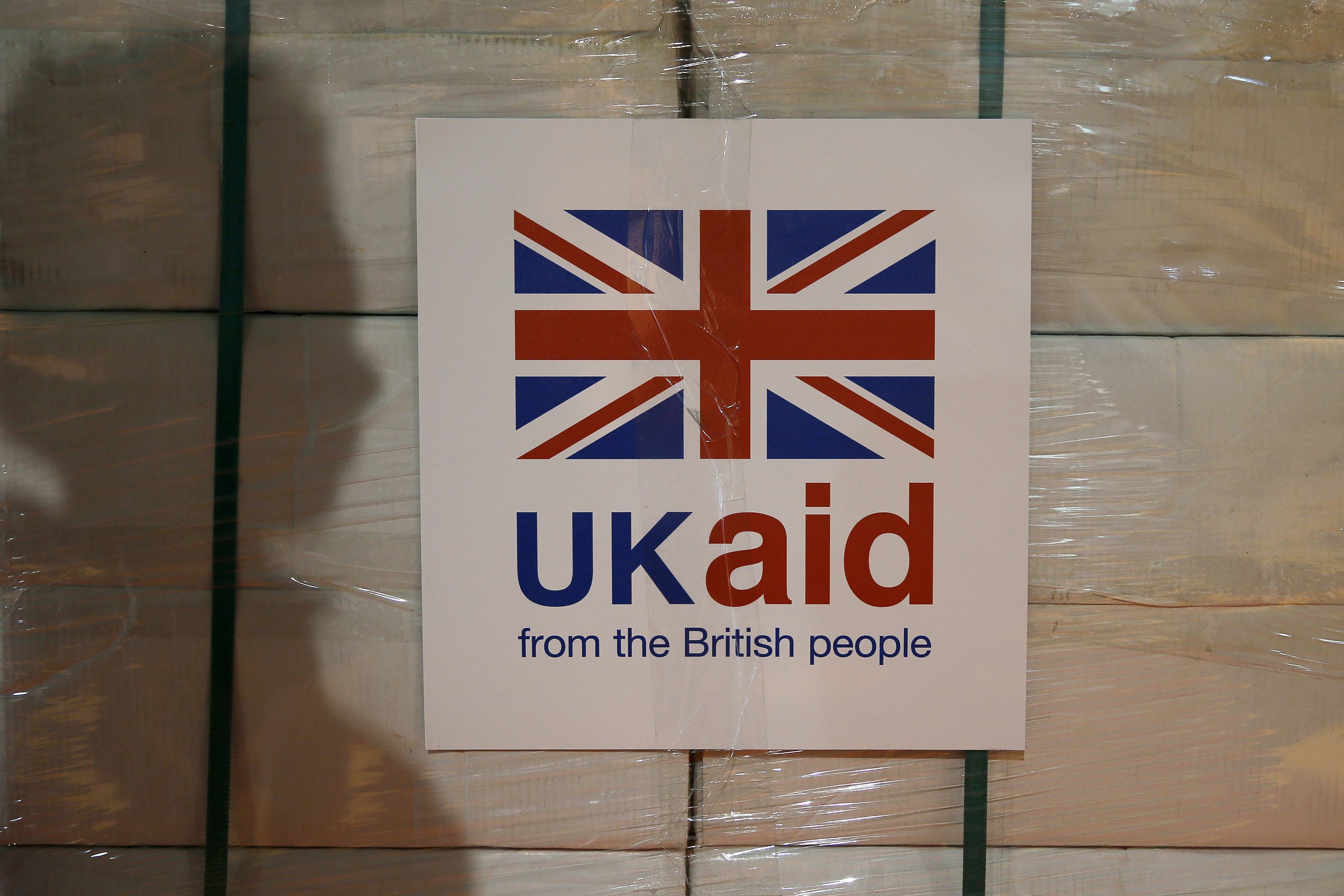The foreign aid crisis shows just how little we understand our decisions over Brexit
Nearly five years after the vote, it is still not entirely clear what Brexit meant – even to those who yearned for it, writes Marie Le Conte


What to make of the foreign aid debate? Last night, a group of Conservative MPs tried – and failed – to rebel against the government’s decision to cut the overseas aid budget by £4bn. Their plan was to put an amendment to the Advanced Research and Invention Agency Bill, which would have returned spending from 0.5 per cent back to 0.7 per cent of national income next year.
Sadly for them, Commons speaker Lindsay Hoyle ruled that the amendment was not within the remit of the law they wanted to change, and instead granted them an emergency debate this afternoon.
This debate will not lead to a binding vote, which means that the issue may be going away for now. Still, the row was revealing for several reasons. Firstly, it was a dispute about the role a post-Brexit Britain should play in the world, and it had nothing to do with trade. For the past few years, foreign policy has rarely been in the headlines; instead, the nation has been treated to countless stories about a grinning Liz Truss announcing a new deal with Liechtenstein, Grenada or similar.
These trade deals are of course necessary, but do not tell us much about what the country wants from its new life outside the European Union. It is not a new problem; though Theresa May launched the “Global Britain” project – or was it a brand? – when she was prime minister, it never became clear what it meant.
At least she has a bit of an excuse; a former Remainer herself, she could just about be forgiven for not having a precise vision for the future. Boris Johnson and his foreign secretary Dominic Raab do not have the same excuse – they campaigned to leave, and so should be expected to know what they want to do.
There were hints that things would be happening in that area in early 2020, but the pandemic took over. Now we are – slowly, cautiously – coming out of it, we are beginning to find out what the government has in store. “Global Britain in a competitive age: the integrated review of security, defence, development and foreign policy” was published in March, but proved more roadmap than immediate plan of action.
The decision to cut foreign aid is more concrete, and thus more easily controversial. Will something like this happen every time Johnson makes a move on foreign affairs? And, perhaps more importantly, will it always be the same people rebelling?
This time around, a number of the mutineers were Brexiteers themselves, which feels noteworthy. From high profile parliamentarians like David Davis, Desmond Swayne, Crispin Blunt and Edward Leigh; to relatively anonymous backbenchers like Pauline Latham and Derek Thomas, the sides did not align with the 2016 vote.
What this shows is that it is still not entirely clear what Brexit meant even to those who yearned for it, nearly five years after the vote. Though swathes of the 2019 intake will instinctively want to follow the leader that got them into parliament, those who campaigned for such a seismic change at the time will be more set in their ways. The problem, however, is that there were as many Brexits as there were politicians advocating for it.
In this specific context, the current split seems to broadly be: should the United Kingdom focus on taking care of itself even if it means going inward, as Esther McVey recently argued in the Daily Telegraph? Or should it establish its newfound standing in the world by committing to help those who need it most, as the rebels said?
Because Johnson isn’t a politician drawn to big picture thinking or overarching ideology, it seems fair to assume that he will wildly swing from one to the other whenever it suits him. Britain may shrink on this, but expand elsewhere. It will be a high-wire act; as history shows, MPs usually find it hard to rebel at first, but much easier thereafter.
Annoying all the various Brexit factions one by one may well result in a large swell of backbench fury further down the line – or it may not. Many columns have predicted the early demise of Boris Johnson, and not a single one has been proven right so far.
After all, the prime minister won a referendum and a leadership contest by fudging; why should he stop now? The people who are angry with him today will be given a reason to back him tomorrow, and vice versa; foreign aid is controversial this week, and next week it will be something else. The road will be rocky but he clearly doesn’t mind, as long as he gets to keep driving.
Join our commenting forum
Join thought-provoking conversations, follow other Independent readers and see their replies
Comments